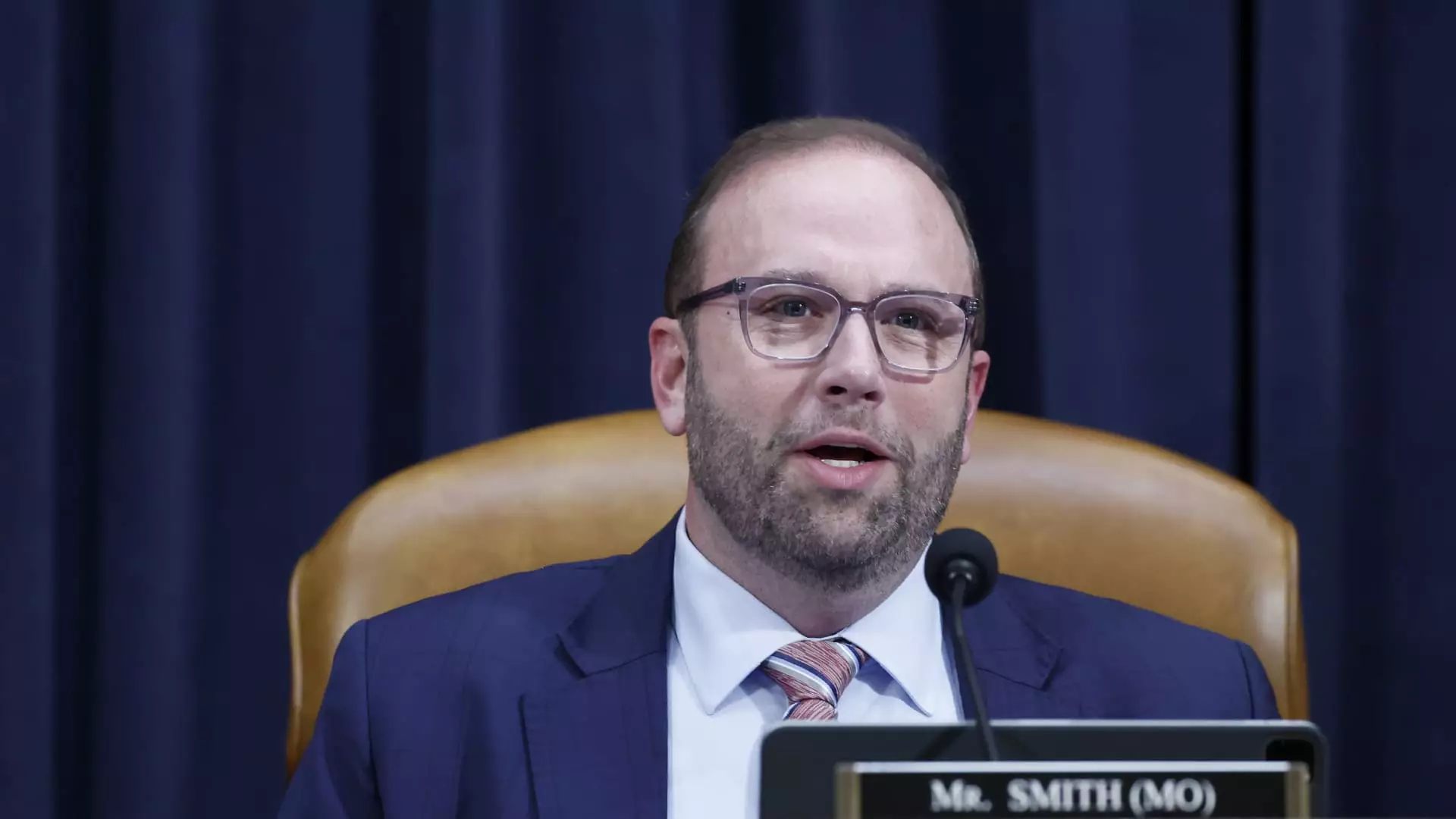In the wake of President-elect Donald Trump’s impending inauguration, the topic of tax legislation under the Republican agenda has resurfaced at the forefront of Congressional discussions. With critical tax breaks poised to lapse after 2025, House Republicans are advocating for swift legislative action to extend the notable provisions encapsulated within the Tax Cuts and Jobs Act (TCJA). As the deadline looms, the implications of preserving or altering these provisions have become a contentious issue among lawmakers, economic analysts, and the American public alike.
The Stakes: Expiring Tax Provisions Under the TCJA
The TCJA of 2017 delivered substantial tax relief to a broad spectrum of taxpayers by reducing tax brackets, enhancing child tax credits, and introducing a 20% deduction for pass-through businesses. The significance of these changes cannot be overstated; a staggering over 60% of U.S. taxpayers may face elevated tax bills starting in 2026 absent legislative intervention. This looming fiscal cliff has drawn urgent remarks from House Ways and Means Committee Chairman Jason Smith, who underscores the importance of swift action to secure tax relief for families and small enterprises. Yet, as momentum builds behind these extensions, the legislative landscape reflects a nuanced battleground of differing economic philosophies and priorities.
With Republicans maintaining control over both Congress and the White House, the party has the unique opportunity to bypass traditional legislative hurdles through a process known as reconciliation. Unlike standard procedures that require a supermajority, reconciliation allows for more straightforward passage of tax legislation. Smith has voiced a clear directive: make the tax adjustments implemented during Trump’s tenure permanent. This strategy, however, has triggered a bifurcation of opinions within Congress, as critics highlight the financial ramifications of extending tax provisions, particularly in the context of the persistent federal budget deficit.
The Financial Pushback: Budget Deficits and Economic Realities
The primary argument against the full extension of the TCJA centers on fiscal responsibility. The U.S. Treasury Department recently reported a dramatic increase in the fiscal year 2025 deficit, signaling alarm bells for those committed to deficit reduction. Critics, including some Republicans and Democrats alike, contend that expanding the tax cuts without offsetting revenue sources could exacerbate the budget deficit. The debate shifts focus to whether preserving these cuts is economically viable when weighed against the responsibilities of governance and accountability to future generations.
The underlying philosophy surrounding tax cuts is often rooted in the belief that tax relief will stimulate economic activity. However, dissenters in Congress, including prominent Democratic leaders, argue that the benefits of the TCJA predominantly favored the affluent at the expense of middle- and lower-class families. The data clearly illustrates that while the average household might see a modest annual saving of around $2,000, the top 0.1% of earners could reap staggering tax relief averaging over $314,000. This disparity fosters a growing sentiment among critics like Richard Neal, reinforcing the idea that the existing tax framework perpetuates wealth inequality rather than alleviating economic struggles for working families.
The Future of Tax Legislation: A Political and Economic Crossroads
As the timeline to 2026 approaches, the political landscape surrounding tax policy continues to evolve. The crossroads of opportunity and obligation—not just to constituents, but to the intricacies of the national economy—heighten the stakes of forthcoming legislative initiatives. Congressional leaders are faced with reconciling their ideological beliefs with practical obligations: advocating tax relief while maintaining fiscal integrity. This ongoing debate ultimately reflects broader themes of governance, equity, and the role of taxation in shaping economic prosperity.
The question of extending Trump’s tax cuts encapsulates the complexities of American fiscal policy, illustrating a dynamic interplay between legislative priorities and economic realities. As lawmakers navigate this contentious discourse, their decisions will resonate well beyond Capitol Hill, influencing the lives of taxpayers across the nation for years to come.

